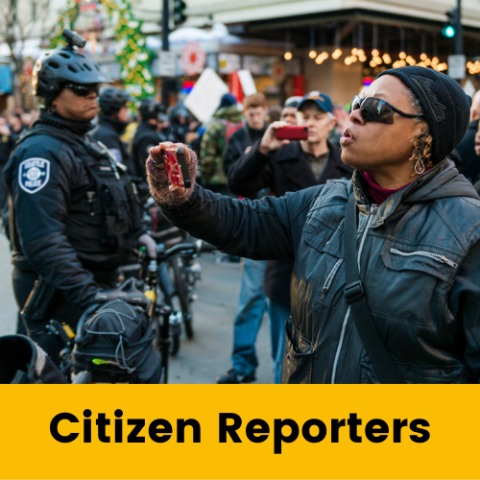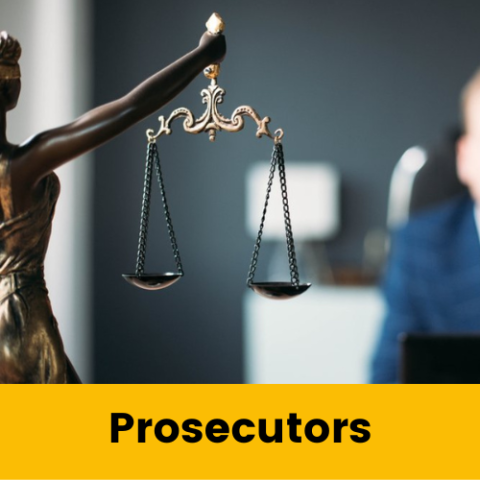Date of Offense
Reporting Authority
Statement
I missed a court date because my daughter was on life support in January I was on the run for 3 months because I had no one to watch my kids and when April 21st came around the social worker showed up to close my case they were out on me for 6-7 months with no evidence no bad reports no failed drug test legally should have been closed the first 45 days after my daughter was born in October because they had no probable cause to keep it going on. Anyways state took my kids into custody I spent 30 days in jail… got out and still fighting for my kids for nothing I did wrong! No evidence! No bad reports no past failed drug test before they were took! NOTHING…. Help me get my kids back! Oh and I have video evidence of my oldest saying he’s being mean to and bullied by the foster mom her parents the other kids etc they won’t do a thing about it! My daughter has a breathing condition the whole 30 days the foster mom didn’t even know that! So she didn’t properly take care of her!!!!


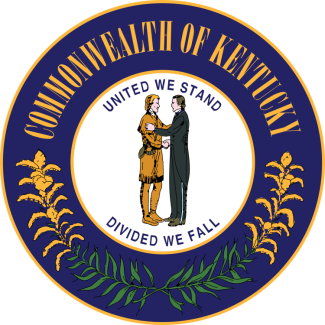

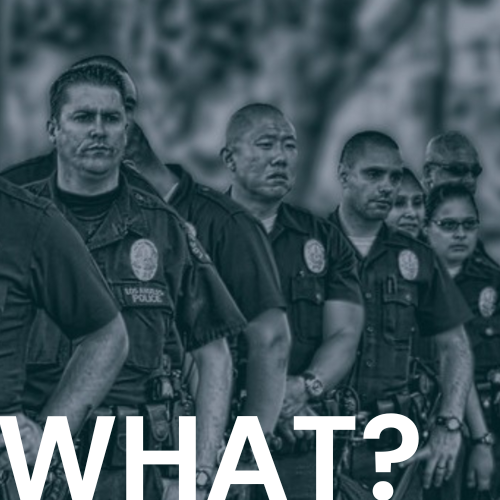
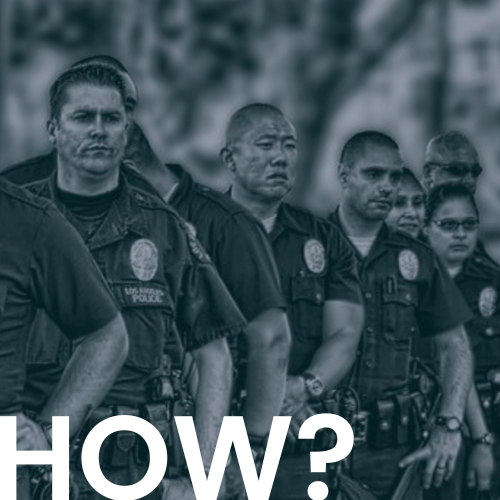
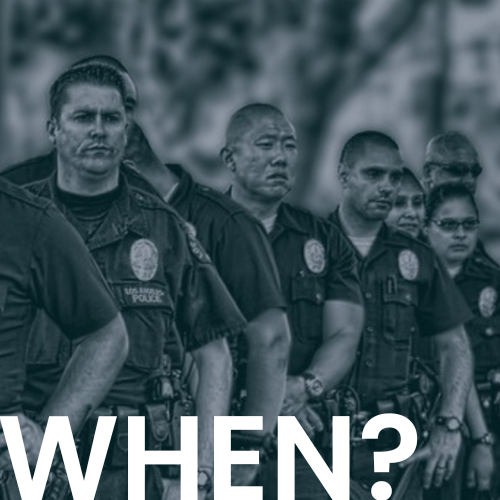
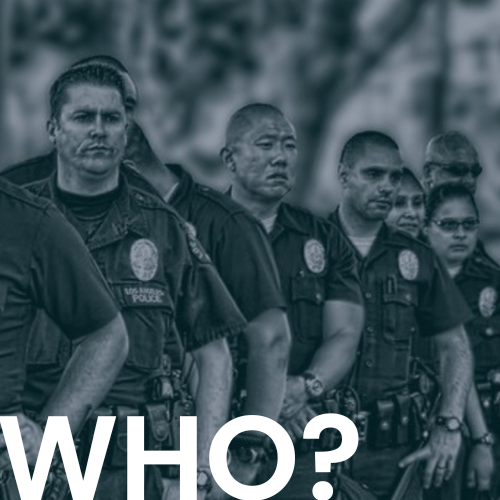
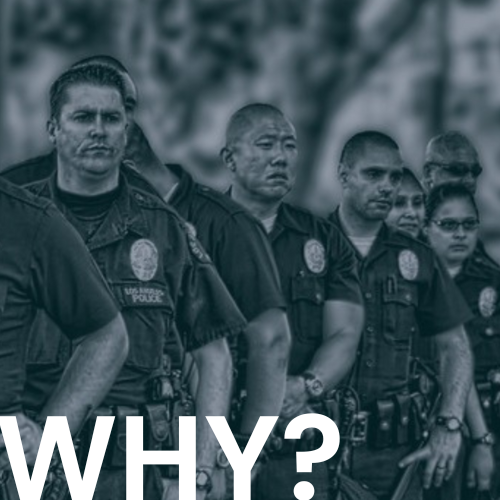
![Peace Officer Standards & Training [POST] Departments Peace Officer Standards & Training [POST] Departments](/sites/default/files/styles/large/public/2023-07/Brady.png?itok=xsIFvU8R)
![Organizations [Law Enforcement et al.] Organizations [Law Enforcement et al.]](/sites/default/files/styles/large/public/2023-07/Brady%20%282%29.png?itok=H7Pj15F8)
